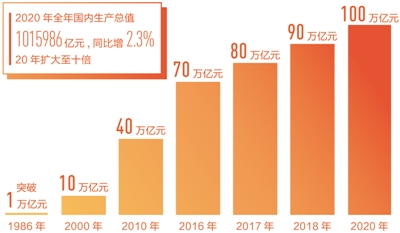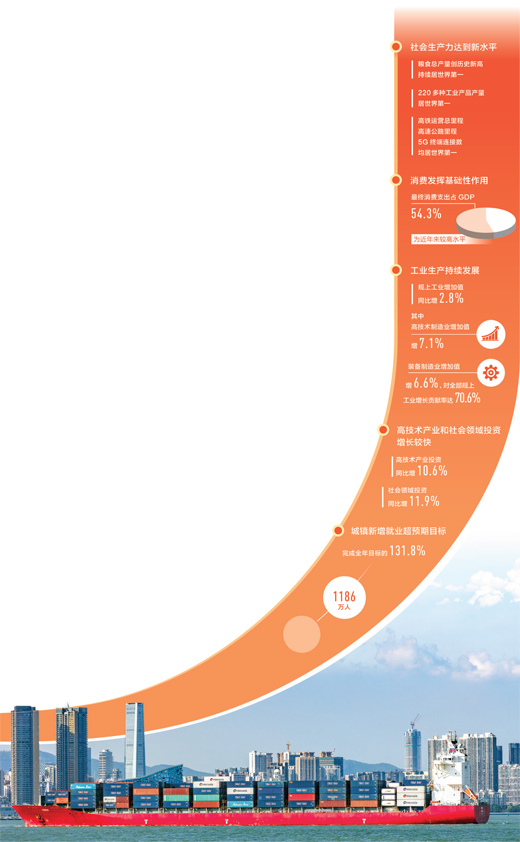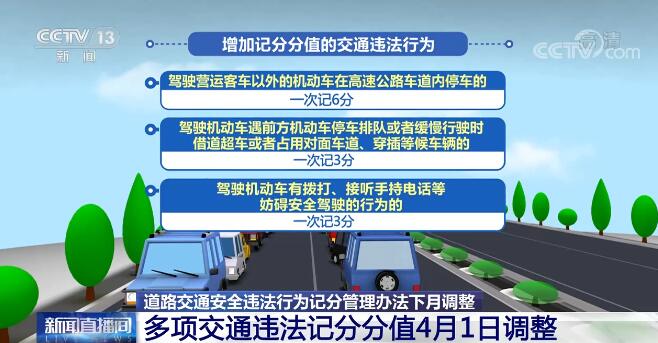How to better meet the personalized taxi demand of the elderly? Dida Inc. explores the innovative model of "community assistance for the elderly and multi-party co-construction"
With the continuous deepening of the digital economy, more and more elderly people have gradually joined the "taxi family". Then, for the elderly, has the current mobile phone call met the demand? What new expectations do you have for taxi service?
Recently, Dida Inc., in conjunction with the Party-mass Work Office in Guangying District, held a symposium on the project of "Party Building Leading Social Enterprises to Build a Caring and Helping the Elderly in Guangying Township", and went deep into the residents’ communities to investigate the new expectations of the elderly to use mobile phones to take taxis. More than ten representatives of elderly residents from four communities talked about their voices.

Based on the demands of the elderly present and in-depth discussions with the community, Dida Inc. first put forward a new idea of "community assistance for the elderly and multi-party co-construction", that is, through multi-party co-construction of platforms, communities, taxi companies, drivers and management departments, aiming at the real needs of the elderly to take a taxi, so as to improve the overall taxi experience of the elderly in a more targeted manner. Next, Dida Inc. will explore taxi lessons for the elderly, diversified welfare programs and incentives for drivers to help the elderly.
The elderly taxi survey has yielded fruitful results, with five new discoveries:
Picking up and dropping off children, food markets and hospitals is a taxi scene with great demand for the elderly interviewed, and the elderly generally do not want to trouble their children;
There are still some thresholds for the elderly to call a car by mobile phone. Diversified functions can easily lead to confusion for the elderly, hoping to get simple training from enterprises.
The elderly have a demand for the immediacy of docking and driving, and they are worried that they will not get a taxi or the driver will cancel the order, especially if they need to go to the doctor urgently;
For special elderly groups such as the elderly and the disabled, I hope drivers will give more care, such as picking them up at home, going to the hospital, etc., to shorten the last mile;
Some elderly people hope to make an appointment to travel, which can reduce the uncertainty of taking a taxi and prepare in advance to avoid drivers waiting.
The elderly in the community talk about the demand for taxi service, taxi training, more immediate pick-up, and special group assistance rank in the top three.
At the symposium on the project of caring for the elderly, more than ten elderly people from four communities shared their daily taxi travel experiences and suggestions and expectations on how to make taxis more convenient, highlighting the effectiveness of joint construction of social enterprises.
According to statistics, picking up and dropping off children, going to and from the food market and going to the hospital are the top three taxi scenarios in which the elderly interviewed have great demand.
Many elderly people here said that they hope to call a car on their own, and they don’t want to trouble their children. An old man said: "Children don’t live with us at ordinary times. I don’t want my children to take time off to accompany me when I go to the hospital. I really hope I can learn to call a car by mobile phone."
Many elderly people here think that it is still difficult to use mobile phone software to call a car now, and hope that the operation process guidance can be simpler. "I am still not familiar with calling a car by mobile phone. I feel that the technology content is a bit high, and some technical terms are not quite understood." "Can enterprises do some taxi training for the elderly? It is best to understand it at a glance and learn it as soon as possible, and the operation process is as uncomplicated as possible. When to deduct the fee and how to constitute the fee can be clearer."
Some old people really said: "In fact, for the elderly, the most important thing is not cheap, but how convenient it is." A number of elderly people said, "I hope the driver can arrive in time, and don’t cancel the order easily. The elderly will often go to the hospital, and sometimes taking a taxi is an emergency."
There are also elderly residents who said: "It is proposed to give priority to special elderly groups, such as the 80-year-old, the widowed and the disabled. For them, whether the driver can try to pick them up at home or in the yard, the elderly are slow to go downstairs, and I hope the driver can give more understanding. "
Exploring the Multi-party Collaborative Innovation Model of Community Helping the Elderly to Improve the Happiness of Taxi for the Elderly
The elderly have diversified needs for taxi service. How to meet the personalized needs of the elderly more specifically and improve the happiness of taxi travel? In this regard, Dida Inc. put forward a new idea of "community assistance for the elderly and multi-party co-construction", that is, by exploring the co-construction and co-creation of platforms, communities, taxi companies, drivers and management departments, to promote the creation of a more suitable taxi environment and upgrade the experience.
For example, how to provide one-on-one taxi assistance to the elderly with special needs? The community can collect the needs and information of the elderly and connect with Dida Inc.. For example, how to form incentives for drivers, take the initiative to take orders from the elderly, and provide personalized services for the elderly? On the one hand, the platform can give drivers some material incentives, explore the driver reward and punishment mechanism for making orders for the elderly, and also need taxi companies, advanced drivers and other parties to join in to create a new driver incentive scheme.
In the next step, based on the research results of this symposium, Dida Inc. will innovate the taxi course for the elderly, and strive to make the elderly understand it at first sight and learn it as soon as possible through graphic or video, and teach the elderly to play with the "taxi-assisted travel applet". And through a variety of welfare programs, while reducing the cost of taxis for the elderly, it also encourages drivers to take the initiative to take orders and promote the new trend of caring for the elderly.

It is reported that in recent years, Dida Inc. has continuously innovated caring projects and measures to help the elderly enjoy taxi travel better. For example, not long ago, Dida Inc. further improved the subsidies for helping elderly drivers, especially the subsidies for emergency vehicles for the elderly; And linked with cities such as Guiyang, the driver course was launched on the Phoenix cloud platform to carry out driver travel training for the elderly.
As early as 2021, Dida Inc. responded to the advocacy of "the 14th Five-Year Plan" and launched the "taxi to help the elderly travel" small program throughout the country. This small program has achieved five innovative functions, such as "one-click taxi calling", "10 common destination settings", "one-click destination synchronization", "support cash payment" and "big buttons and big fonts". In recent years, it has continuously upgraded functions such as "Family Number" and other scene experiences, and won praises from the elderly.

























